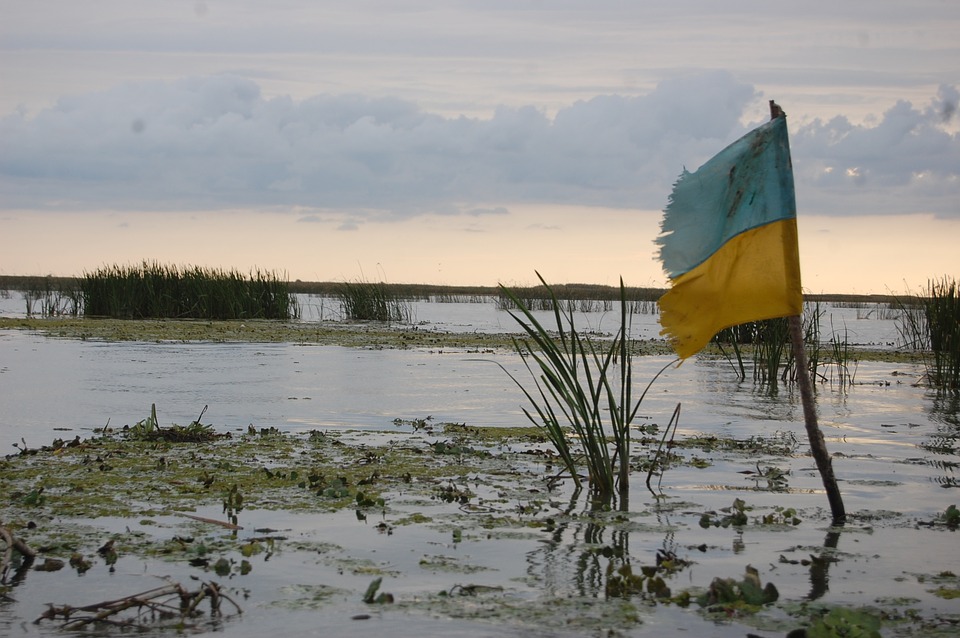The Ukrainian colony that never existed
In Hej Sokoły (Hey, Falcons), the Polish-Ukrainian song from the mid-19th century written by Tomasz Pandura, the author yearns for “green Ukraine” – the Ukrainian steppe. The bilingual song is known to most Poles and almost as many Ukrainians. However, few people know that at a later stage the term “Green Ukraine” (written with capital letters) came to describe the territory in Russia’s Far East where, at the end of the 19th and at the beginning of the 20th century, a significant number of Ukrainians settled. The areas of Amur and Primorskaya oblasts, where many Ukrainians lived, were called Zeleny Klyn. The term “Green Ukraine”, however, contrary to Zeleny Klyn, conveyed not only the ethnographic meaning but also the national aspirations.
January 2, 2018 -
Marek Wojnar
-
History and MemoryIssue 1 2018Magazine

(CC) http://maxpixel.freegreatpicture.com/

































